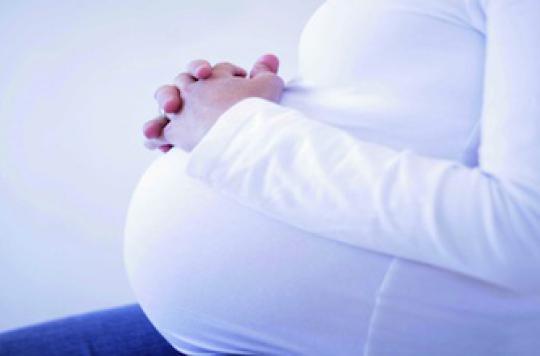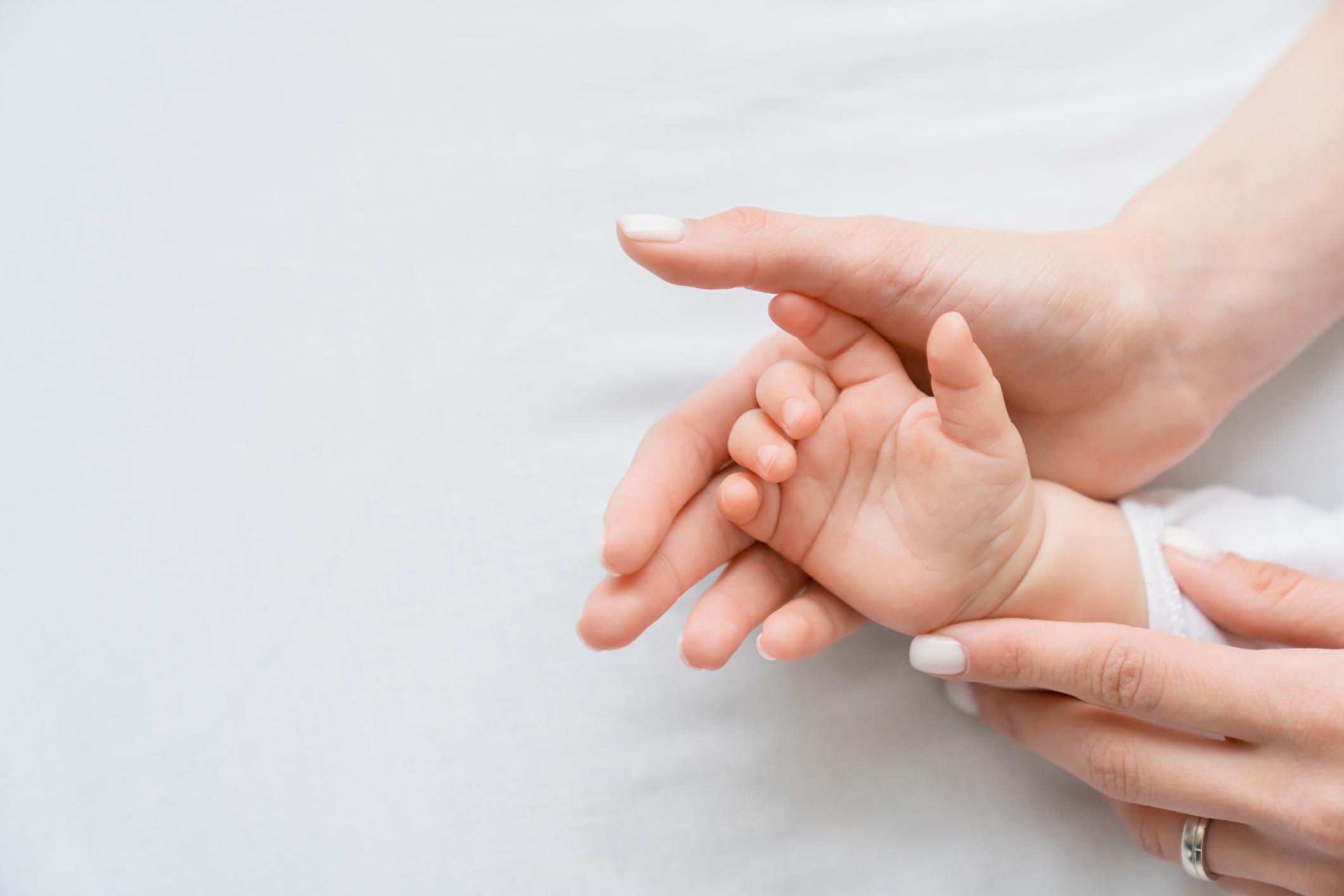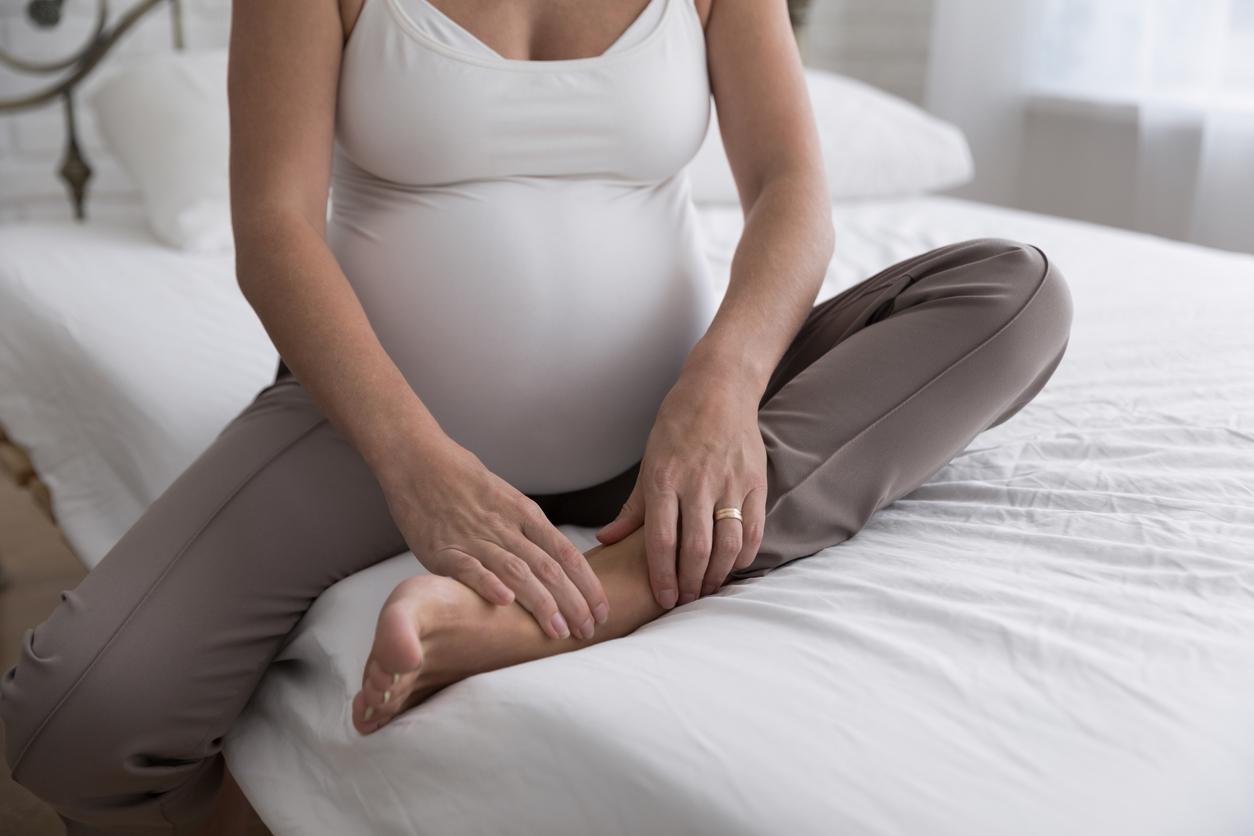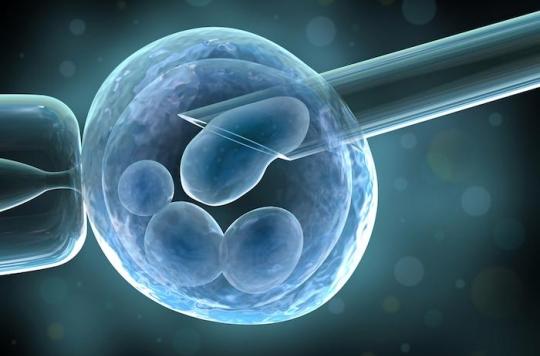All it took was a circular from the Keeper of the Seals asking that children born to surrogate mothers be recognized for the surrogacy debate to make noise again.

“Ghosts of the Republic”. For the President of the National Assembly, children born abroad to surrogate mothers today meet this definition. We must therefore put an end to it. This is how Claude Bartolone supported Christine Taubira, the Keeper of the Seals, who wishes to facilitate access to French nationality for these children. In a circular, the Chancellery asks the courts to “make right” for children born abroad to a surrogate mother when an act of filiation with a French person results from a foreign civil act.
While the examination of the bill on gay marriage opened at the beginning of the week in the National Assembly, this circular had the effect of a bomb that the opposition was very careful to unpin. Its tenors see it as an opening to an upcoming future legalization of surrogacy, which is currently prohibited in France.
Because barely out of the legislative battlefield on gay marriage, the government will examine the family bill on March 27. It will include a section on medically assisted procreation with the question of access to this technique for homosexual couples. For right-wing MPs, surely surrogacy will be included in the bill.
The ministers have followed one another in recent days to bring a formal denial. But it is difficult to see how the defenders of this technique could not seize the opportunity to reopen this debate. On several occasions, it gave rise to positions taken, whether in Parliament, within the ethics committee or the Academy of Medicine.
In France, 300 to 400 couples would turn to the United States or Canada to resort to surrogacy. Specialized agencies offer on the internet to put couples in touch with “surrogates”, surrogate mothers. But these couples evolve outside any legal framework and in the vast majority of cases, the children have no status under French law.
Because bioethical laws prohibit this practice in France. But this position has been undermined on several occasions.
“The best interests of the child” was recognized by the Paris Court of Appeal in 2007 in a case in which parents had resorted to a surrogate mother in California.
In April 2010, the national ethics committeeHe spoke out in favor of maintaining the ban on surrogacy. This practice could, according to them, “undermine the principle of the dignity of the human person or the symbolic image of women” and the future of the child.
But this wise man’s no was accompanied by a comment concerning “women with irremediable and non-curable forms of infertility.” The Ccne admitted that “the partial legalization of surrogacy, by giving couples an authorized and secure framework for surrogacy, would be likely to limit clandestine practices”.
For its part, theMedical academy considered in 2009 that “surrogacy goes beyond the missions of medicine, challenges society above all and is primarily the responsibility of the legislator.
The appeal was heard, at least in the Senate. In January 2010, senators from the right and from the left presented a Law proposition tending to “authorize and supervise surrogacy”. In the explanatory memorandum, they maintain that advances in medicine make “possible the dissociation between genetic maternity and uterine”. They propose that surrogacy “become an additional instrument in the service of the fight against infertility”, open to couples of different sexes married or together for two years and of childbearing age “.
While this proposal will ultimately be rejected in the National Assembly, it has led to the emergence of convergences between the right and the left, in the ranks of defenders and opponents. Exactly like the subject of medically assisted procreation offered to homosexual couples.
.















